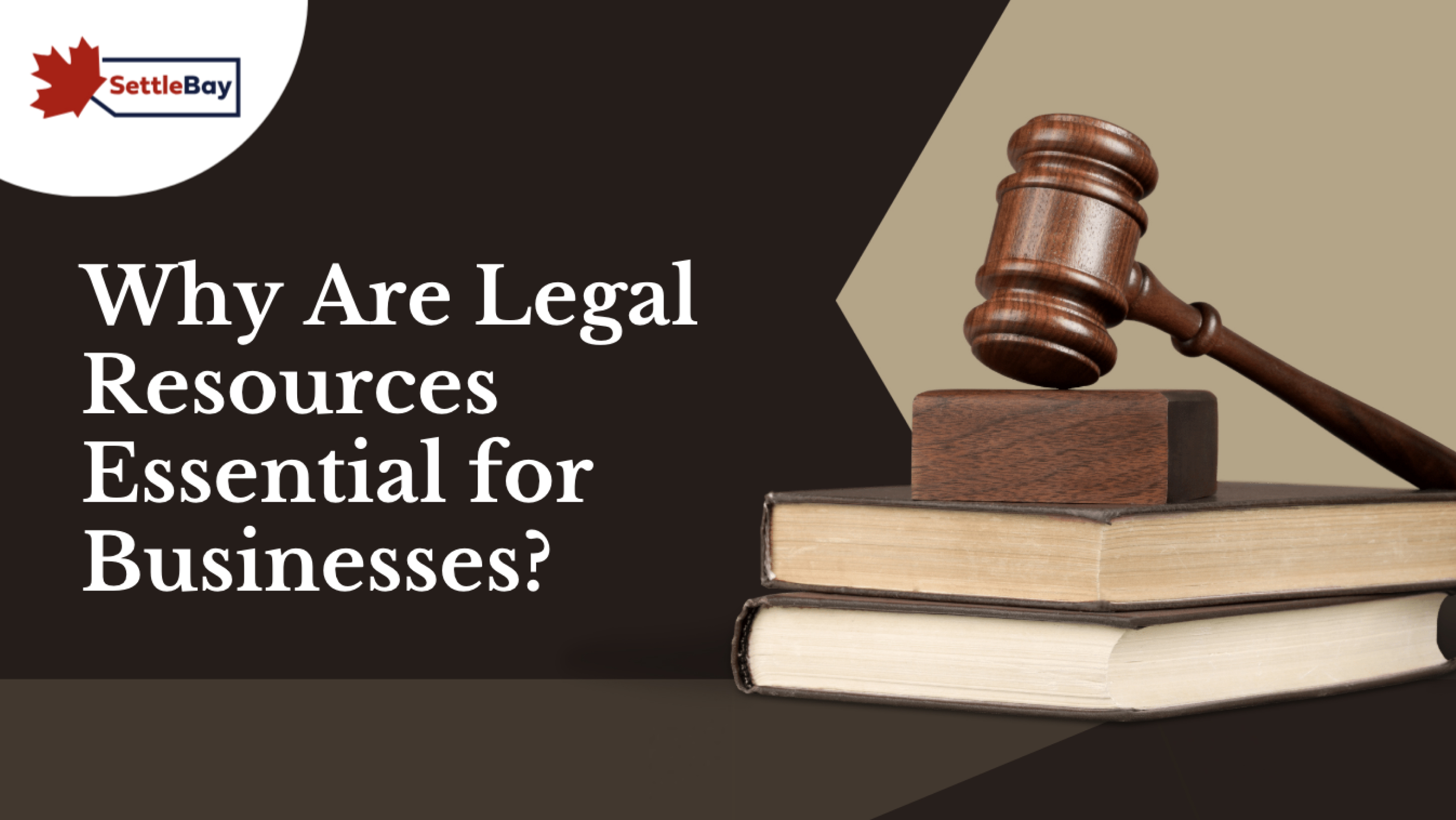Starting a small business brings many hurdles, and figuring out taxes is one of them. Dealing with taxes can consume your time and give you a headache, but if you play your cards right, you can cut down on what you owe and hang onto more of your cash. Let's dive into some tax tricks that every small business owner should know. At Settle Bay, we're here to provide you with accurate and up-to-date healthcare information, as well as expert financial advice to help you navigate the complexities of taxes and maximize your savings.
1. Understand the Tax Code and Stay Updated
The tax code covers a lot and keeps changing. It's crucial to stay in the loop about current tax laws and other things that might affect your business. Bringing on board a tax expert or accountant who knows their stuff can pay off. They can guide you through the twists and turns of the tax code and make sure you don't miss out on any deductions or credits you're entitled to.
2. Choose the Right Business Structure
The structure of your business can significantly affect your tax liability. The most common business structures are sole proprietorships, partnerships, limited liability companies (LLCs), and corporations (S corporations or C corporations). Each has a different tax implications.
Sole Proprietorship: is the simplest structure, but you are responsible for all operating expenses and taxes.
Partnership: Similar to a sole proprietorship, the tax burden is shared between the partners.
LLC: Provides liability protection and flexible tax options. Profits can be taxed as personal or corporate income.
S corporation: Can earn the owner’s income free of self-employment taxes.
C Corporation: Double taxed (corporate income and dividends to shareholders), but offers the widest range of deductions and benefits Consult with a tax advisor to determine the best structure for your business.
3. Maximize Business Deductions
One of the most effective ways to reduce your taxable income is to maximize your business deductions. Common exceptions include.
Home office deduction: If you only use part of your home for business purposes, you can deduct the associated expenses.
Vehicle expenses: Deduct the use of your business vehicle by tracking actual expenses or using standard mileage.
Office Supplies and Equipment: Deduct the cost of supplies, equipment and furniture for your business.
Travel and meals: 50% of business-related travel and meal expenses are deductible.
Insurance premiums: Health insurance and other job-related insurance premiums are deductible.
Professional services: Fees for attorneys, auditors and consultants are deductible. Keep detailed records of all business expenses to ensure you can justify the deductions.
4. Take Advantage of Tax Credits
A tax credit directly reduces the tax liability, making it more valuable than a deduction. Loans available to small business owners include.
Research and Development (R&D) Grants: For companies involved in research activities. Work Opportunity Tax Credit (WOTC): Used to hire workers from certain targeted groups, such as veterans and long-term unemployed individuals.
Small Business Health Care Tax: To provide health insurance for employees.
Disabled Access Credits: To make their work disabled accessible. Investigate available credit and consult with a tax professional to ensure you qualify.
5. Defer Income and Accelerate Expenses
Planning your income and expenses gives you tax advantages. If you expect to be in a lower tax bracket next year, consider delaying your income until then. Conversely, take an accelerated deduction for the current year to lower the taxable income. For example, you might delay sending him invoices or down payments like rent or office supplies until the new year.
6. Implement a Retirement Plan
Setting up a retirement plan can provide full-size tax financial savings at the same time as assisting you and your employees shop for your destiny Options include.
SEP IRA (Simplified Employee Pension): Allows for high contribution limits and tax-deferred growth.
SIMPLE IRA (Savings Incentive Match Plan for Employees): A trustworthy plan with lower contribution limits but fewer administrative necessities.
401(okay) Plan: Offers the highest contribution limits and the opportunity of enterprise matching contributions.
Contributions to these plans are typically tax-deductible, reducing your contemporary taxable earnings.
7. Employ Family Members
Hiring family members can be a great way to reduce taxes. Wages paid to your spouse, children, or other family members can be deducted as business expenses. In addition, employing your children allows you to take advantage of the lower tax rate and contribute to their financial education. But make sure the pay is fair and the work done is worth it.
8. Utilize Section 179 and Bonus Depreciation
Section 179 of the IRS tax code allows agencies to deduct the purchase price of qualifying devices and software programs purchased or financed during the tax year. This deduction is restrained to a certain amount every 12 months, which may be exchanged annually.
Bonus depreciation lets groups take a bigger deduction on the fee of sure property within the year they're located in the carrier. This may be especially useful for organisations investing in equipment or era.
9. Consider a Health Savings Account (HSA)
If you've got a high deductible health plan (HDHP), putting money into an HSA can give you tax perks. You don't pay taxes on the money you put in, and you can use it tax-free for medical costs that qualify. On top of that, any money you don't use in your HSA can grow year after year helping you save for the long haul.
10. Plan for Estimated Taxes
Small business proprietors are normally required to pay envisioned taxes quarterly. Failing to pay enough in envisioned taxes can bring about consequences. To keep away from this, estimate your annual profits and tax legal responsibility accurately and make well-timed bills.
Working with a tax expert permits you to stay on the right track together with your expected tax payments and keep away from surprises at tax time.
11. Keep Thorough Records
Maintaining accurate and precise records is critical for minimizing your tax liability. Proper documentation ensures that you can substantiate your deductions and credit if audited. Implement a dependable report-maintaining machine, whether or not virtual or bodily, and hold all receipts, invoices, and monetary statements organized
12. Review Your Tax Strategy Annually
Your enterprise and monetary scenario can alternate from 12 months to year, so reviewing your tax plans regularly is critical. Conduct an annual evaluation with your tax consultant to pick out new financial savings possibilities and make sure your present-day plan stays powerful
Conclusion
Effective tax-making plans are prime to running a successful small commercial enterprise. By knowing tax legal guidelines, deciding on the proper commercial enterprise plans, maximizing deductions and charges, and the usage of wholesome financial practices, you could extensively reduce your tax legal responsibility Remember to live abreast of modifications in tax rules and to try to find a professional recommendation to ensure you're making the maximum of to be had tax saving possibilities. With the proper techniques, you can save and reinvest plenty of your tough-earned cash to grow your business.





Leave a reply